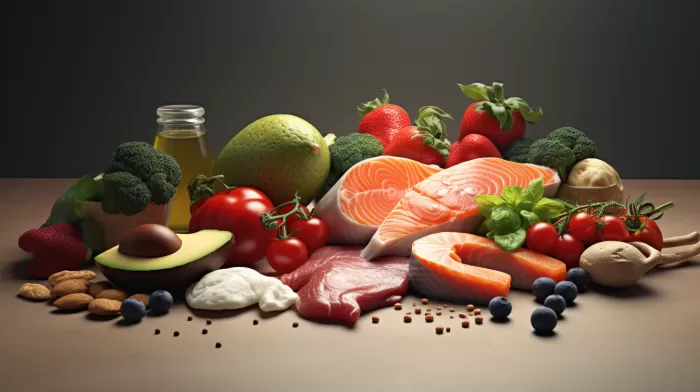Wouldn’t it be great if the focus on avoiding or reversing heart disease was on natural, safe, and effective nutritional treatments rather than synthetic prescription drugs?
Well, the good news is that there are proven, powerful heart-healthy nutrients that protect your heart. Your body requires these specific nutrients for a healthy functioning heart. You can begin using them much sooner in the disease process, or to prevent heart disease altogether.
Many factors contribute to your heart health. If we are to start at the beginning, it would have to be with food and nutrient intake, because atherosclerosis is a postprandial phenomenon—that is, it occurs after you eat.
Inflammatory foods like refined white sugar and high fructose corn syrup, trans fats, hydrogenated oils, white flour, white rice, and processed foods high in chemical preservatives and dyes induce oxidative stress, autoimmune blood vessel dysfunction, endotoxemia (toxic effects to the arterial endothelium or blood vessel inner lining), and inflammation. Additionally, high blood pressure primarily results from the same underlying processes from inflammatory foods.
The non-inflammatory opposites of these foods are whole foods closest to their natural state, such as fruits, vegetables, sprouted grains, seeds, nuts, legumes, and healthy herbs.
It’s crucial to recognize that certain prescription drugs have adverse effects on essential nutrients. Diuretics, for example, decrease potassium, magnesium, phosphorous, sodium, chloride, zinc, iodide, Coenzyme Q10, folate, vitamin B6, vitamin B12, thiamine, and selenium. Moreover, they increase homocysteine and glucose.
Here are eleven key nutrients that researchers have found to help reduce cardiovascular disease:
- Omega 3 fatty acids (e.g., krill or fish oil) 5 grams daily: This is the best overall anti-inflammatory natural therapy available. It reduces heart attack, atherosclerosis, and blood pressure.
- Taurine 3 grams twice daily: Taurine reduces the effects of adrenaline, decreases blood pressure, acts as a natural diuretic, and reduces aldosterone and plasma renin activity.
- D-Ribose 5 grams three times daily: Provides energy (ATP) to your heart and vessel muscle cells. It has clinical uses for coronary artery disease, unstable angina, skeletal muscle diseases such as fibromyalgia, chronic fatigue, and post-polio syndromes.
- CoEnzyme Q10 300 mg twice a day: This supplement is a powerful antioxidant made naturally in the body, which helps mitochondria in cells produce energy. It improves angina and coronary artery disease.
- Magnesium (malate or glycinate) 500 to 1,000 mg twice a day: Magnesium acts like a natural calcium channel blocker to reduce coronary artery spasm and improve artery tone and reactivity. It also has many other benefits, such as reducing abnormal heart rhythms and blood pressure.
- Carnitine tartrate 3 grams twice a day: Carnitine reduces death from a heart attack, decreases the rate of angina, lowers blood pressure, improves arterial inner wall inflammation, and has many other benefits.
- R-Lipoic Acid 300-600 mg twice a day: This nutrient reduces blood pressure and repairs heart muscle.
- Aged garlic 1,200 mg daily: In combination with statin drugs, this nutrient reduces atherosclerotic plaque.
- Vitamin K2 (MK 7) 150 micrograms daily: Vitamin K helps reduce coronary atherosclerosis, increases arterial elasticity, decreases intima-media thickness, and death rate.
- Vitamin D3: This nutrient suppresses blood pressure. To get your blood level to 60-80 ng/ml, this can be 5,000 IU twice weekly or up to 10,000 IU daily.
- Trace minerals: Zinc 50 mg daily and selenium 200 micrograms daily provide enzymes for tissue repair and prevent the damaging effects of oxidation. A diet high in fruits and vegetables can provide these amounts of trace minerals with additional benefits.



